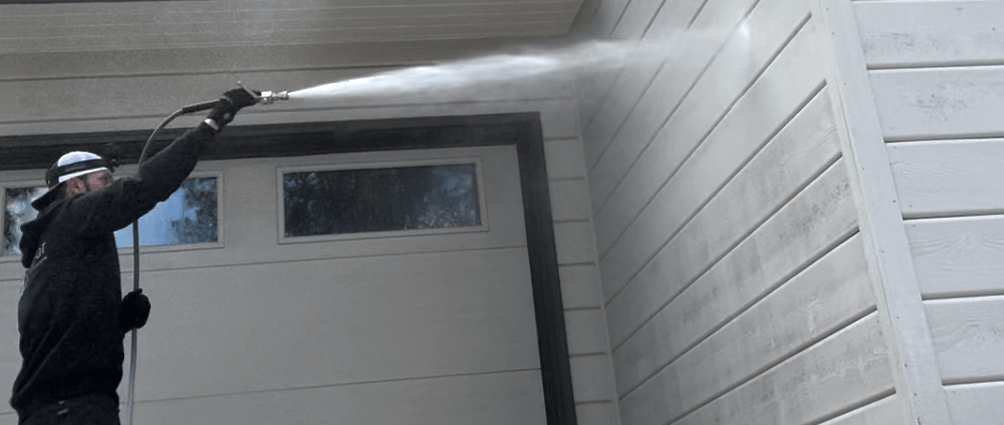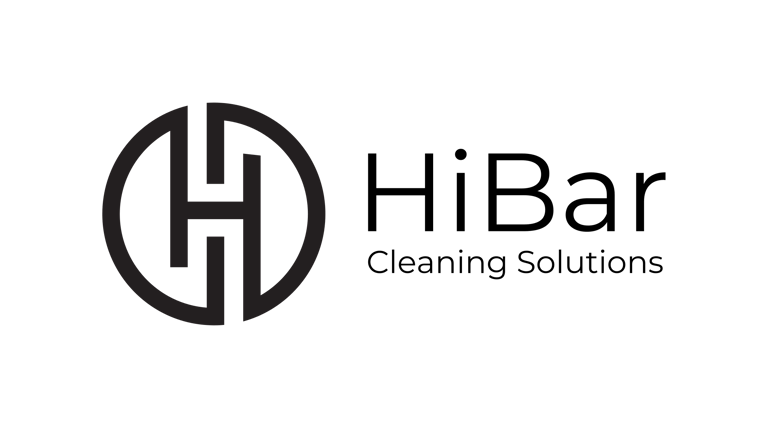Pressure Washing vs. Soft Washing: What’s the Difference and Why It Matters
Danny Goll
1 min read


Pressure Washing vs. Soft Washing: What’s the Difference and Why It Matters
Not all exterior cleaning methods are created equal. When it comes to cleaning your home or business, using the right approach is crucial not just for effectiveness, but for protecting the surfaces you’re cleaning.
HiBar Cleaning Solutions specializes in both pressure washing and soft washing, and helps customers in Bend, Redmond, Sunriver, and the rest of Deschutes County choose the right method based on their property’s needs.
Here’s a breakdown of the key differences and why soft washing is often the better (and safer) choice for many surfaces.
What Is Pressure Washing?
Pressure washing uses high-pressure water to blast away dirt, grime, mold, and other buildup from hard surfaces like concrete, brick, and stone. It’s perfect for:
Driveways
Sidewalks
Patios
Concrete Parking Lots
Other Durable Surfaces
This method is highly effective for cleaning heavy buildup on tough materials, but that same high pressure can easily damage more delicate surfaces like siding, roofing, or wood if not handled properly.
What Is Soft Washing?
Soft washing is a cleaning method that uses reduced water pressure and, when needed, eco-friendly cleaning solutions to safely wash delicate surfaces.
Soft washing is ideal for:
Vinyl siding
Painted wood surfaces
Stucco
Why Soft Washing Is So Important
Using high pressure on delicate surfaces can lead to:
Cracked siding
Water intrusion behind walls
Voided warranties on siding materials
Soft washing eliminates these risks while still providing a deep, lasting clean.
How to Know Which Method You Need
As a general rule:
Use pressure washing for flat, tough surfaces like concrete or brick.
Use soft washing for vertical, more fragile surfaces like siding or other painted surfaces.
Still not sure which method is best for your property? That’s what I'm here for. I'll assess each job and choose the safest, most effective method to get the job done right.
Protect Your Property, Don’t Damage It
The wrong method can cost you big in the long run. Trust a pro who knows the difference and uses the right tools for the job. Request a free quote today
Serving All of Deschutes County
Bend, OR | Redmond, OR | La Pine, OR
Sunriver, OR | Tumalo, OR | Sisters, OR
Learn More About Pressure Washing, Window Cleaning & Soft Washing
How it Works and Why it Matters
Get In Touch
Call or Text
541.200.0234
danny@hibarcleaning.com
